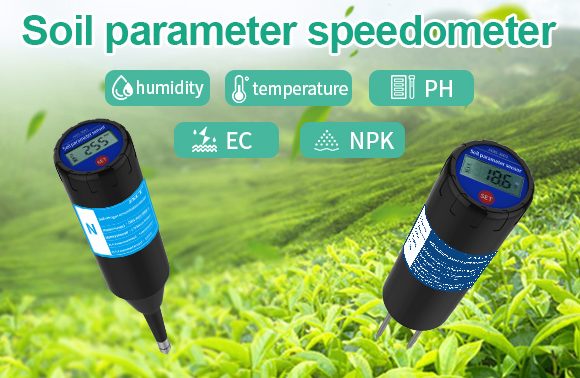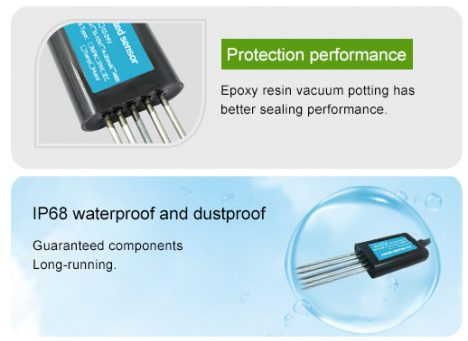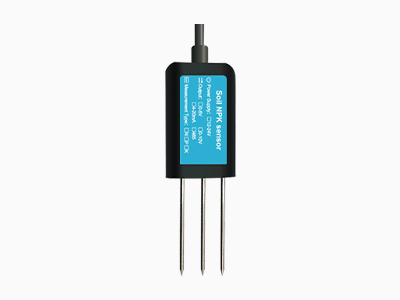Introduction to Soil NPK Sensor
Soil NPK sensor are advanced agricultural tools designed to measure the levels of key nutrients in the soil, namely nitrogen (N), phosphorus (P), and potassium (K). These sensors provide valuable information to farmers and agronomists, enabling them to make informed decisions about fertilization, crop management, and soil health. By accurately assessing the nutrient status of the soil, farmers can optimize fertilizer application, improve crop yield, and minimize environmental impact. Soil NPK sensors are instrumental in precision agriculture, where data-driven approaches are used to maximize productivity and resource efficiency. Here are some key features and applications of soil NPK sensors:
Key Features of Soil NPK Sensor:

- Multi-nutrient Measurement: Soil NPK sensors are capable of simultaneously measuring the levels of nitrogen, phosphorus, and potassium in the soil, providing a comprehensive view of the soil’s fertility status.
- Precision and Accuracy: These sensors offer high precision and accuracy in nutrient measurement, allowing farmers to make targeted and efficient fertilizer applications based on real-time soil data.
- Data Integration: Soil NPK sensors can integrated with digital farming platforms and precision agriculture systems, enabling seamless data collection, analysis, decision support.
- Wireless Connectivity: Many modern soil NPK sensors with wireless connectivity, allowing real-time data transmission to computers, cloud-based platforms for remote monitoring.
- User-Friendly Interface: Soil NPK sensors often feature intuitive interfaces, making them easy to use for farmers, agronomists, and agricultural professionals.
Applications of Soil NPK Sensors:

- Precision Fertilization: Soil NPK sensors enable farmers to apply fertilizers with precision, matching nutrient inputs to the specific needs of the soil and crops.
- Soil Health Monitoring: By regularly monitoring NPK levels, farmers can assess soil health, identify nutrient deficiencies or imbalances, and implement corrective measures to maintain soil fertility.
- Crop Management: Soil NPK sensors provide critical data for crop management decisions, helping farmers optimize planting, irrigation, and fertilization practices to support healthy crop growth.
- Environmental Stewardship: By optimizing nutrient management, soil NPK sensors contribute to reducing the risk of nutrient leaching and runoff, promoting sustainable agricultural practices and environmental stewardship.
- Research and Education: NPK sensors are valuable tools for research institutions, universities, and educational programs, facilitating studies on soil fertility, nutrient dynamics, and sustainable agriculture practices.
Summary
In summary, soil NPK sensors play a vital role in modern agriculture by providing essential data for informed decision-making, precision fertilization, and sustainable soil management. Soil NPK sensors will become more sophisticated, combined with automated control systems to optimize nutrient management and support agricultural practices.
